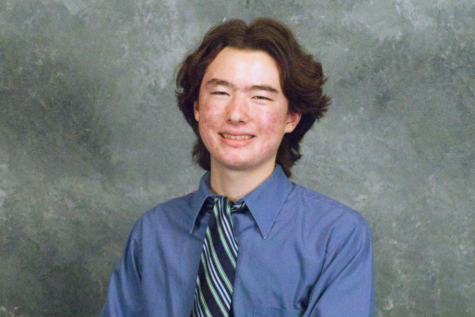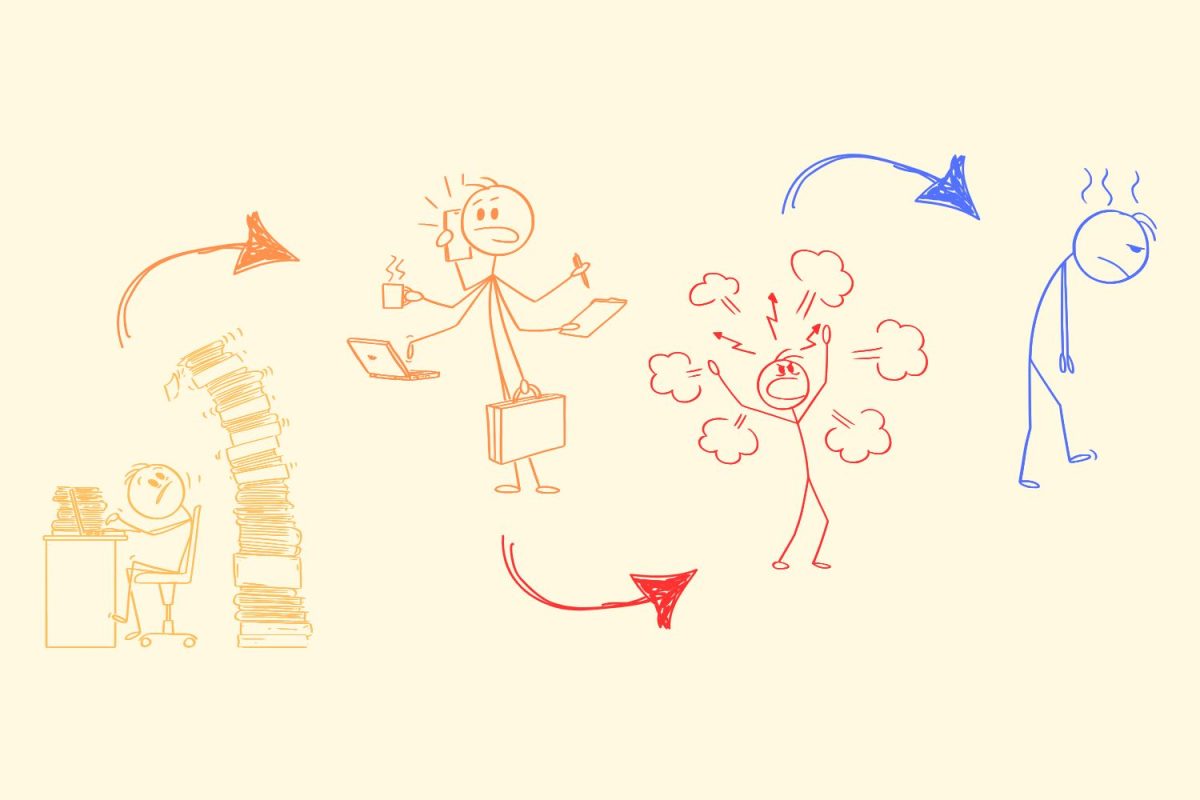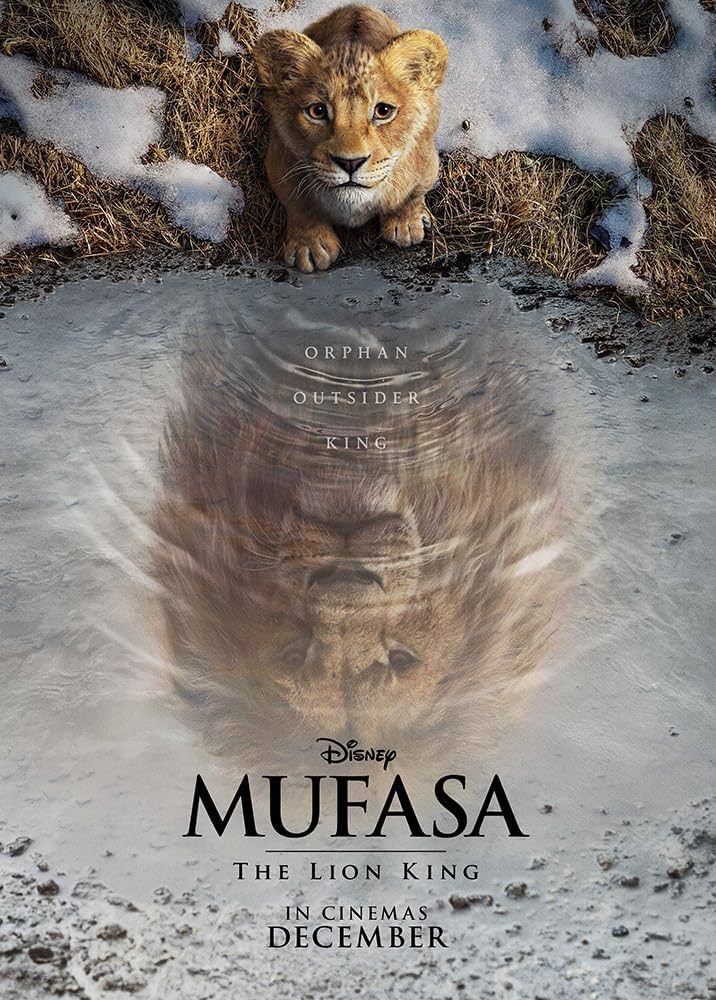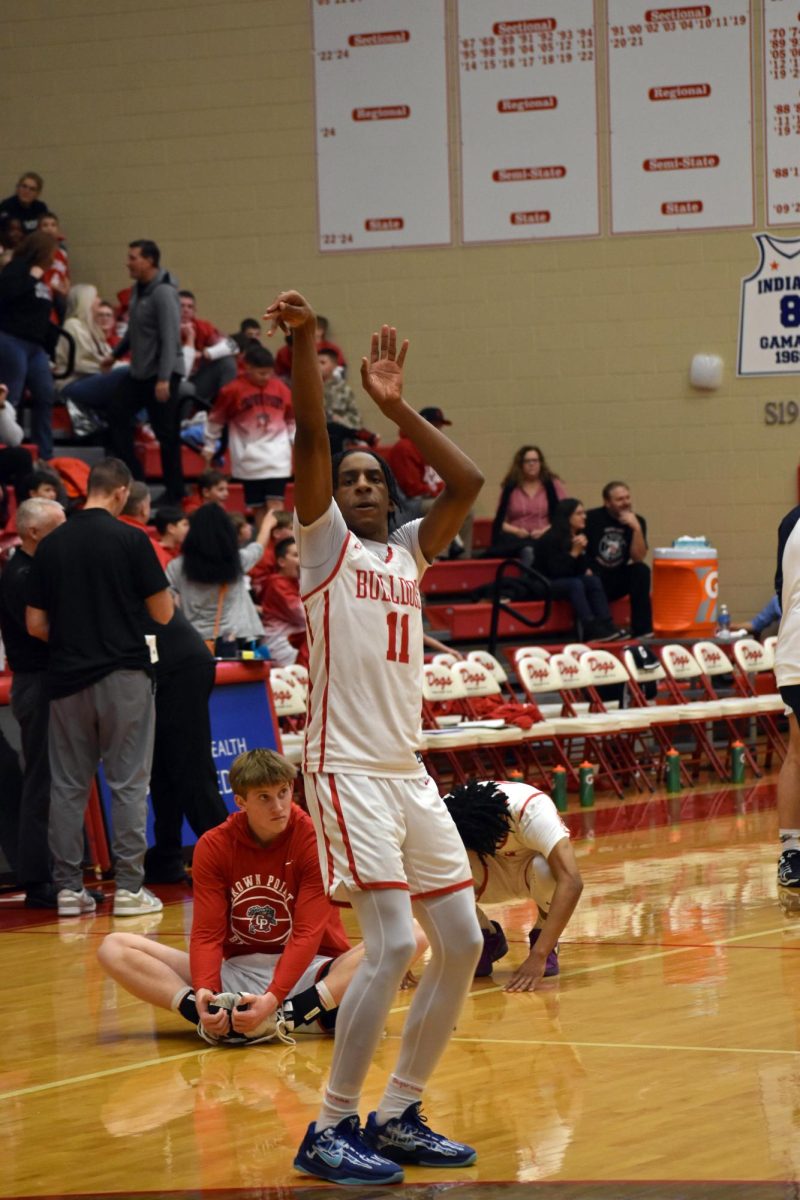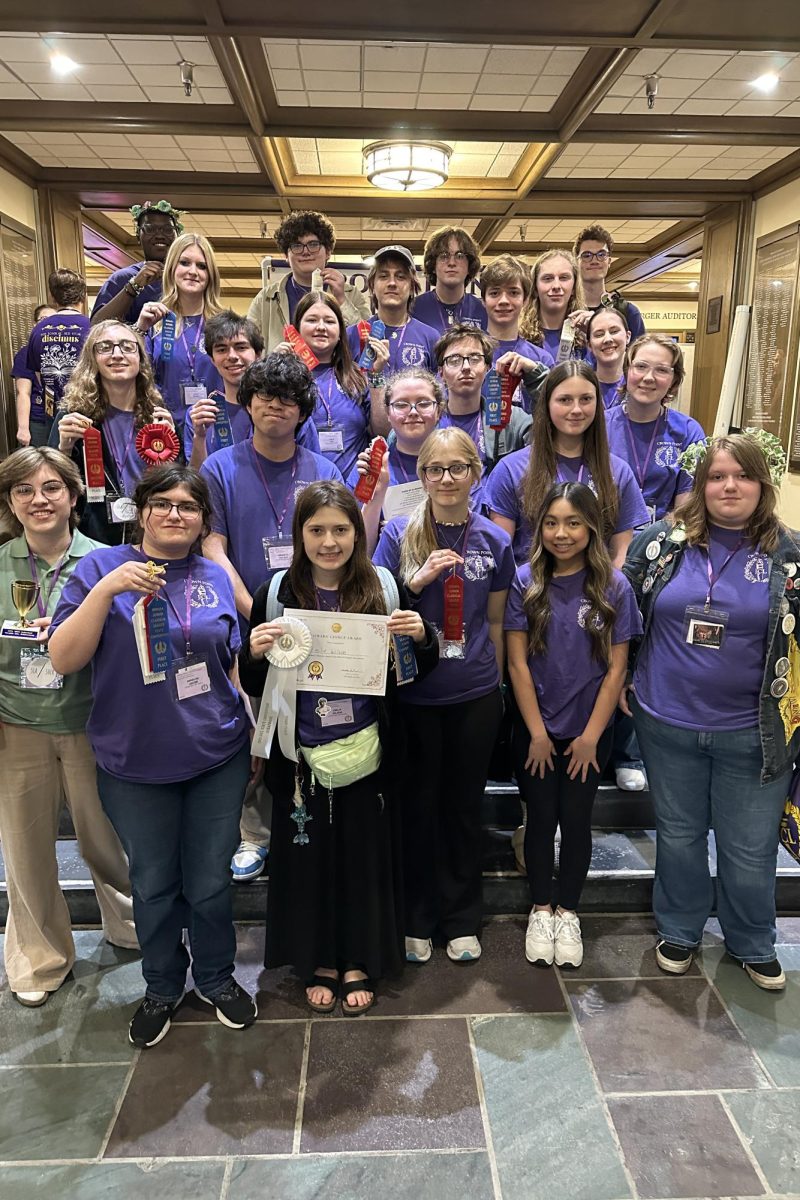“Protective” Reform
March 22, 2023
With the rise in education reform throughout our country, we are seeing a new wave of regulation being put on our teachers and school libraries. While I agree that schools should maintain a neutral view on most things, the recent legislation from various states seems to compel schools into self-censorship of their instruction and books in a way that impedes the free exchange of ideas. This is not because these laws are restricting ways commonly used to teach students but are instead putting more liability on the schools to watch how their teachers teach and what message their books and teachers might give to the students, forcing them to tip-toe around subjects to avoid confrontation.
This could pose a problem for many subjects, especially for many social studies classes where teachers grapple with intricacies of historical movements and powers and how to create lessons where students understand both sides, but not all sides of history can be described neutrally. Laws like Florida’s Individual Freedom Act, more commonly known as the Stop W.O.K.E. Act, miss this point as it threatens those teaching sensitive topics such as the Holocaust and slavery if they accidentally influence a student’s interpretation of the lesson. No one is able to present entirely without bias and neither can a teacher entirely control the message a student gets out of their lecture.
Similarly, many contested books describe scenes that, while appearing inappropriate when read on their own, actually have a deeper intended meaning with more context. John Green’s Looking for Alaska is one example that often gets banned for its sexual content, but the author himself has said that the scene takes up only one page being described in a more clinical language which is ultimately meant to be contrasted with “a much more sensually described and passionate but much less sexually explicit [kiss].”
If parents truly want the best for their children at school, they should do their best to attend meetings with administration and their child’s teachers to understand the other side of education they do not see everyday.


